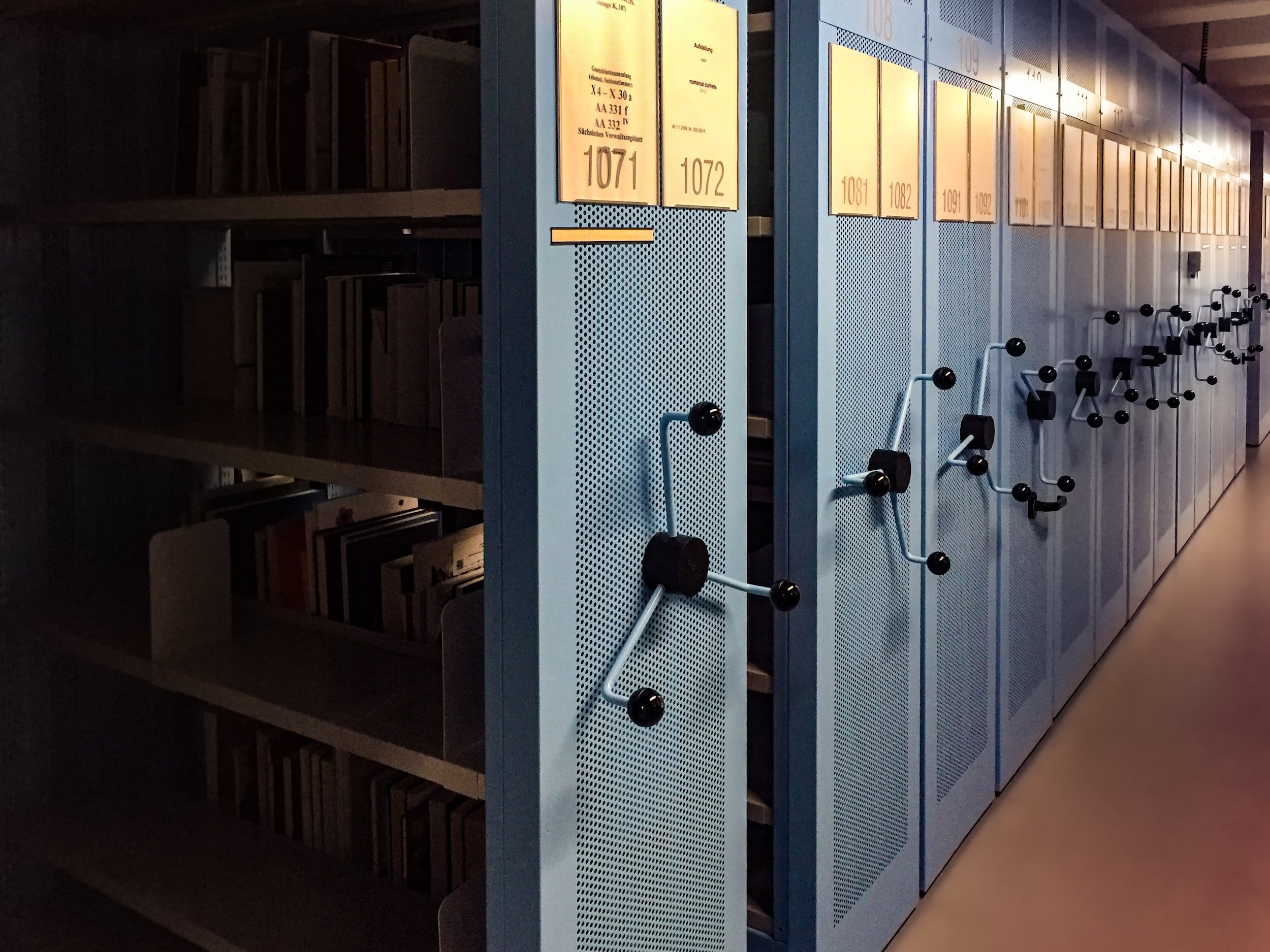The Violence of Colonial Archives
Via Unsplash
By Hope Talbot, Second-Year History
Archives are often deemed as neutral spaces. Holding materials in highly secured conditions, with specific temperatures and storage, archives are glamorised as the heart of all historical enquiry. But, it’s worth recognising that even sources themselves are curated and stored in a way that perpetuates power systems. Indeed, even the lack of an archive can perpetuate state violence.
In our contemporary society, we live in a neo-colonial state. Whilst ‘post-colonial’ is often a buzzword thrown around in decolonising studies, the phrase ‘neo-colonial’ is more apt in describing the current power systems that exist to uphold imperialism. As stated by Kwame Nkrumah, whilst imperial nations may have lost their territories, empires continue to exist through memory, culture, institutions and nostalgia. This neo-colonial status extends to the creation and upkeep of archives in both former colonial states and imperial nations.
This neo-colonial archival violence is seen in North America. In the USA, indigenous peoples are still actively harmed by neo-colonial processes of archive erasure. For indigenous peoples living in America, the process of gaining national recognition, and protection by law, hinges upon historical precedent. Without Supreme Court rulings such as that of Cherokee Nation v. Georgia (1831), many of the rights now deemed fundamental to indigenous peoples would be lost. Even with this historical precedent, however, indigenous peoples are forced to prove their identities through incomplete colonial archives. For example, due to a clerical error, the Samish Indian Nation lost its tribal sovereignty in 1969, forcing them to undergo years of litigation and archival research to regain its protections. After once again gaining this protection, the archival materials used to gain this sovereignty were threatened, when the USA National Archives facility in Seattle was faced with closure.
Despite a long history of campaigning for indigenous peoples' access to archives and ‘the right to know’, closures of strategic archiving institutions continue. Whilst academics and allies such as Jennifer R. O Neal are calling for greater access, it is too often the responsibility of indigenous peoples to create these bodies of knowledge beyond the colonial gaze.
The erasure of colonial archives has a similar historic precedent in African nations. In Kenya, on the eve of independence from the British Empire in 1963, records of colonial violence were actively sought out and destroyed. In the aftermath of Empire, academics both internally and outside of Kenya aimed to document and uncover the nature of British colonialism. However, notable gaps in many of the British colonial archives became apparent. After four Kenyans involved in the ‘Mau Mau’ Rebellion launched a legal case against the British Government, it was found at a high court hearing in 2011 that case files were systematically destroyed. Known as ‘migrated files’, records were sent to Britain only to be destroyed upon their arrival. Whilst some ‘mysteriously vanished’ only to be ‘found’ once again, significant gaps in the archives remain. Even today, many of the remaining files still in British Archives have been removed from public access, with some of the archives removed as recently as 2022.
Whilst access to archives, and the recovery of information, is still an ongoing issue, digital humanities may provide some respite regarding access and collation of information. The Archives Unbound Collection, created by Gale Resources, aims to create parity in the archiving of colonial records. Through utilising the nature of online resourcing, Gale recognises the historic suppression of information, providing a wealth of sources to counter this.
Find out more about the collections here: https://www.gale.com/intl/primary-sources/archives-unbound. And to explore the archives, search “Archives Unbound” in the library catalogue.

